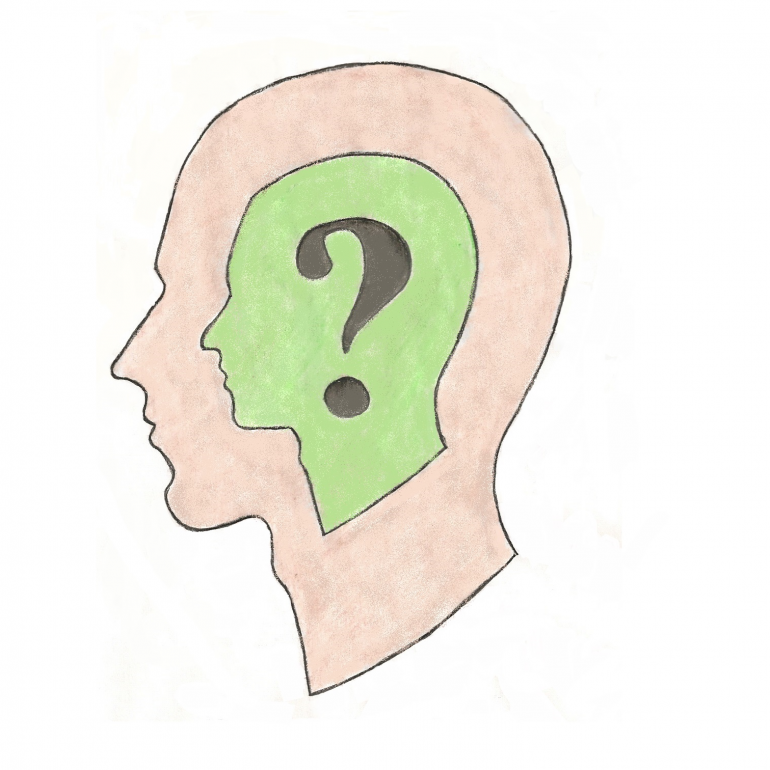
Student Voices is a WOA blog feature that presents the experiences and viewpoints of current Arts students. Through their posts, you'll experience the creativity and passion of our students as they present glimpses into student life. The views and opinions expressed within these posts are solely those of the authors.
The Problem of Other Minds is the classic philosophical issue that asks if, and what, other people are thinking and whether their minds work in ways similar to one's own. Before you stop reading, I promise not to get too abstract or philosophical in this post, but I wanted to try to relate this problem to issues that I have recently experienced in the role of a student advisor.
I often find myself wondering about this in my work, as I question whether I can or should try to analyze the thoughts of another person.
In its purest form, the Problem of Other Minds appears in the works of many influential philosophers and questions whether we can ever know if other people have minds or consciousness.
Personally, I don't doubt that others have thoughts or that their consciousness operates in the same ways as my own, but whether I can ever truly know or understand those thoughts is more of a mystery to me. This question is important to the work of anyone whose job it is to sympathize or empathize with others - since it challenges whether it is really possible to do so when the other person is somehow different from you or placed in a situation that you have never actually experienced before.
In my position, I believe that offering kind and empathetic help to students who visit the Office of the Student Ombuds is only achieved by listening closely - and trying to imagine how I would feel if put in their place. However, I find that it is sometimes easier to simply give the appearance of being empathetic and understanding when this is really not possible and can even be counterproductive as it distracts me from dealing with the real problems at hand.
I can recall one particular meeting in which an emotionally distressed student was explaining a difficult situation in her home life. To relate this to her academics, I attempted to identify the actual emotions that were preventing her from completing her term work and I found myself using such vague terms as "stressed" and "depressed", terms that were both understatements and broad generalizations. Similarly, I noticed that I often find myself saying "I understand" how a student must feel and that I can relate to their emotional state. While I can guess, I really don't know how they are feeling because I have rarely ever found myself in the same situations. It is a natural reaction to try to relate to those in need, but is this really the best response?
I can't say whether it's possible to know exactly what is going on in another person's head or whether their responses to emotional situations would be the same as my own. However, I do know that it is not always useful to try to know these things.
I have come to find that it is important that I really take the time to understand another person's story, situation or emotional state before I claim to understand. If this is impossible for me, I should not attempt to do so but instead try to comfort the student through kindness and positivity.
At one time or another, I'm sure everyone has sought help or support, only to find that the person tasked with helping them has not taken the time to fully consider their situation or needs. Sometimes they treat you like you are exactly the same as every other person they have helped or, even worse, like they know your mind better than you do.
There is much to be learned from these mistakes and I can give one simple piece of advice for anyone who finds themselves in a situation, personal or professional, in which you are dealing with another person experiencing strong emotions.
Even if you can't offer them any more than this, they will see that you were willing to make an attempt to understand and you will make great strides towards building mutual trust.